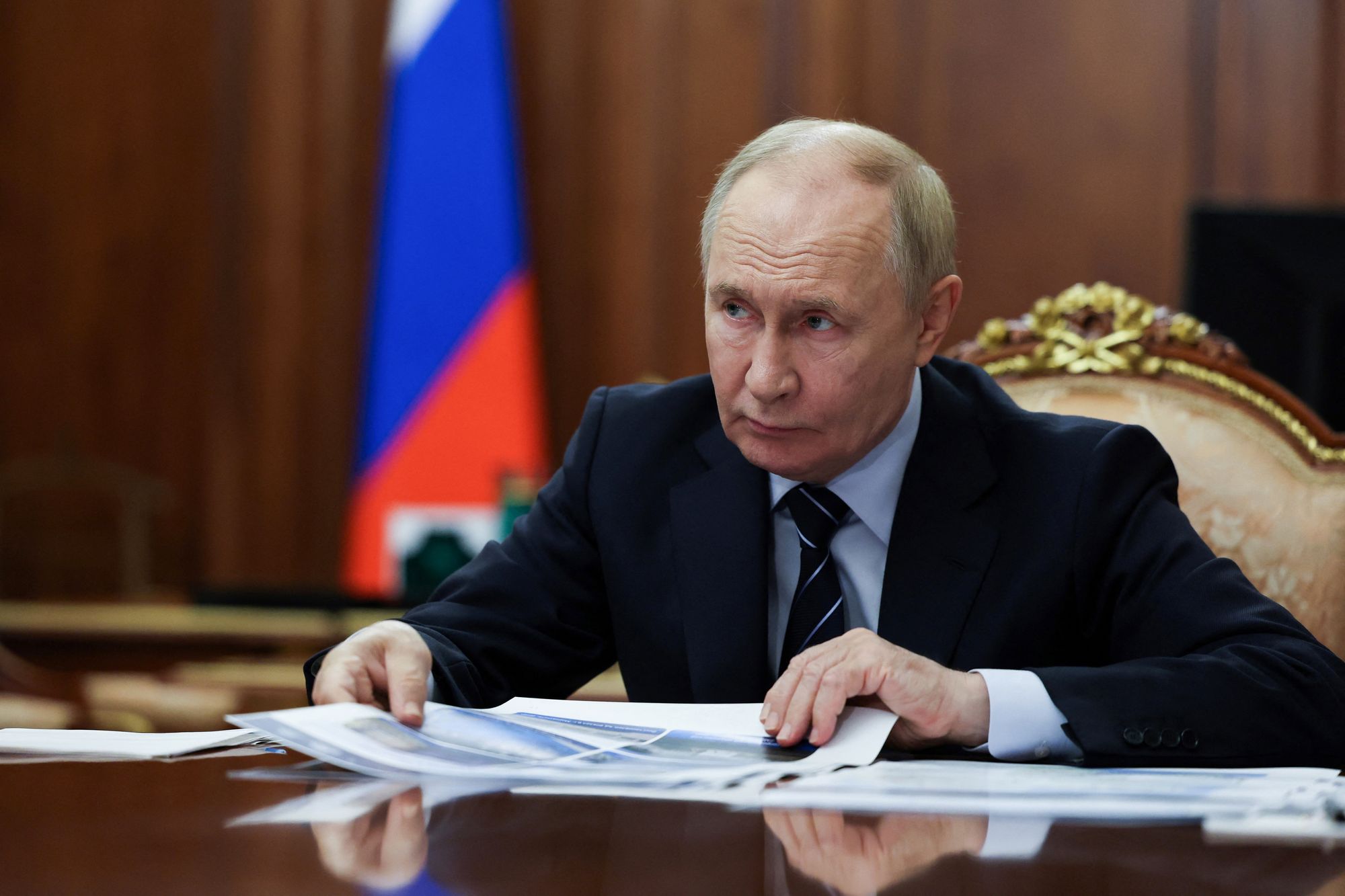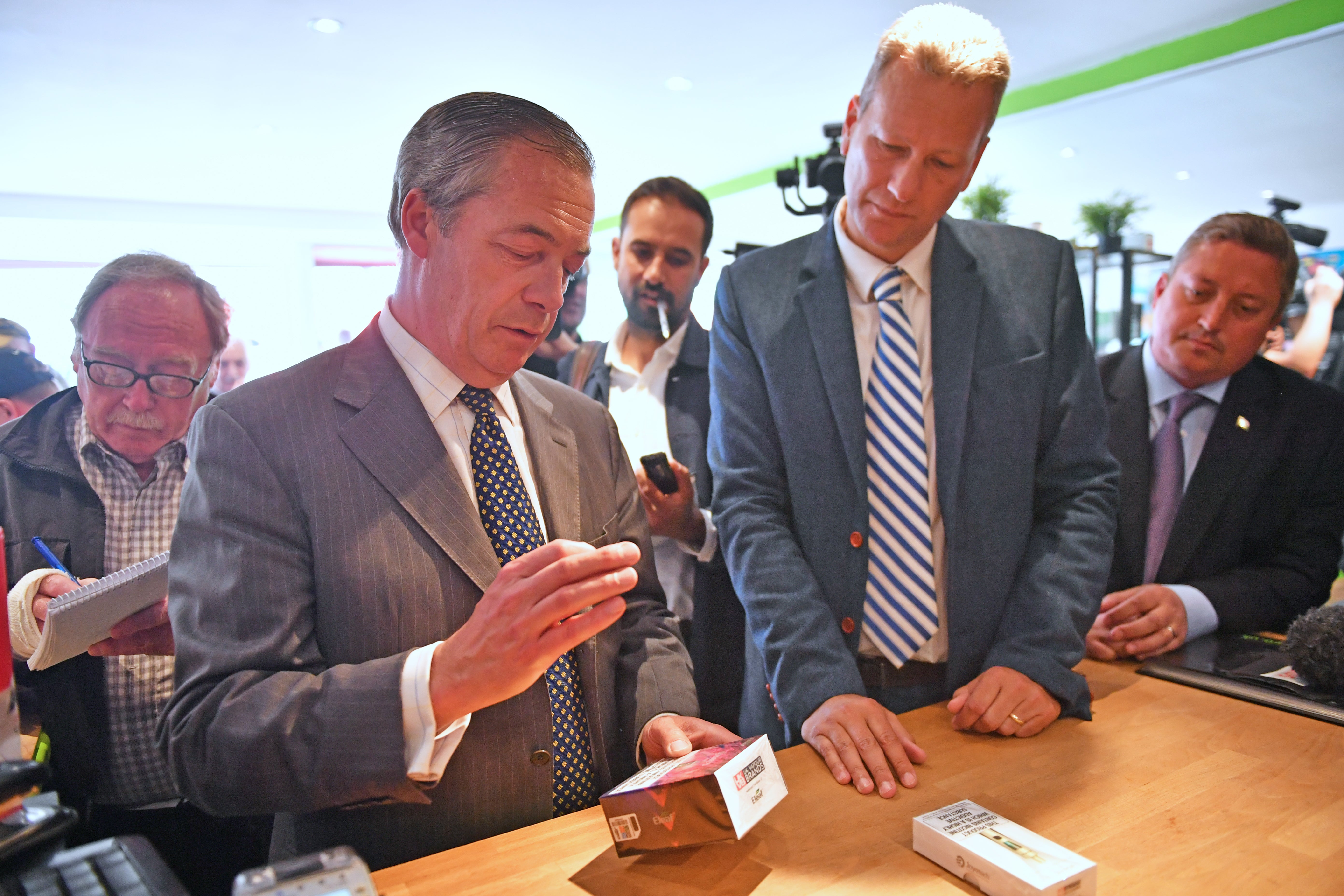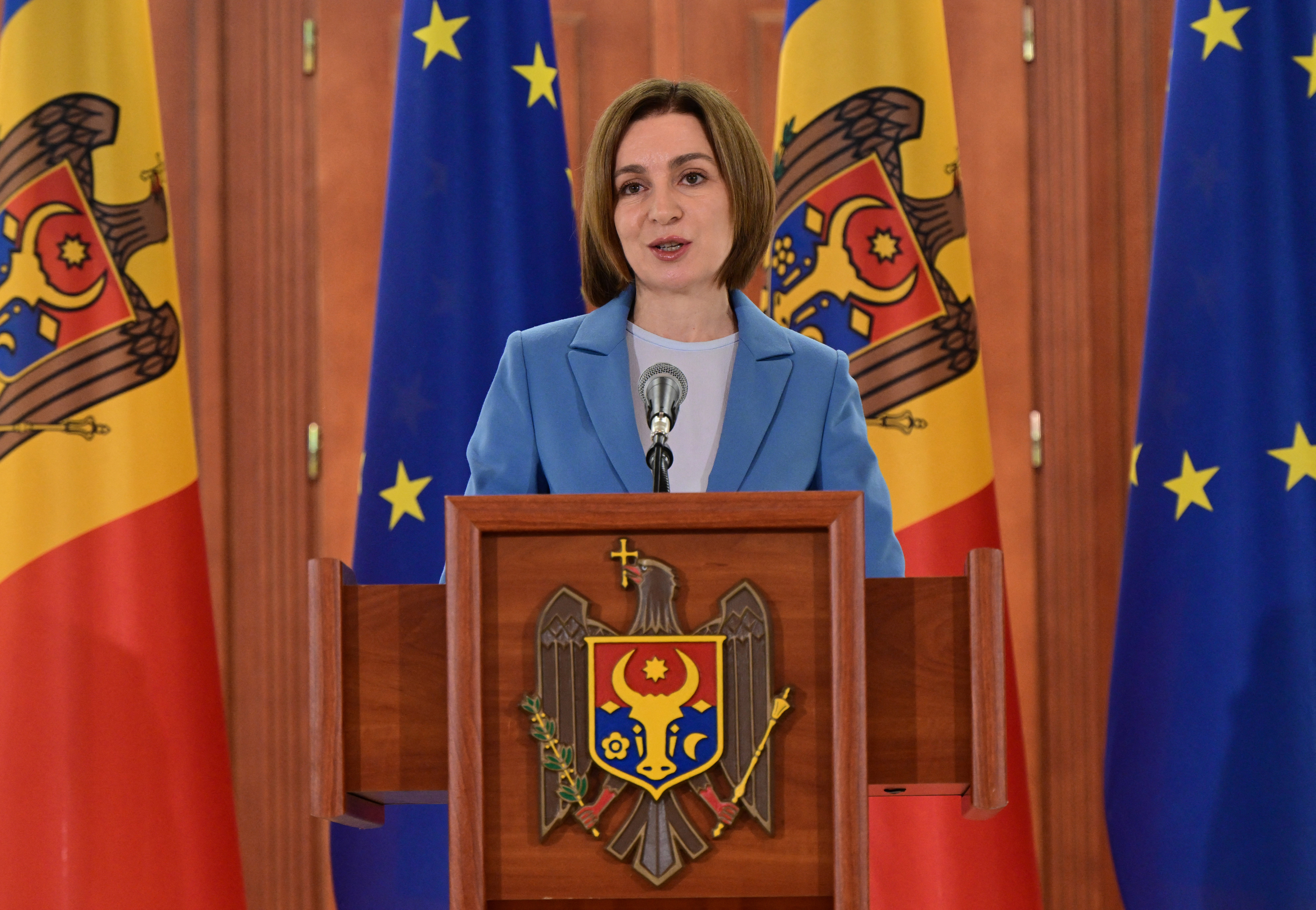Western leaders applauded as Moldova’s pro-EU party beat several pro-Kremlin opponents to victory in an election marred by allegations of Russian interference.
The ruling party secured more than 50 per cent of the vote, while the Russian-aligned outfit achieved less than 25 per cent. Moscow was charged with trying to sway the vote through widespread disinformation and vote-buying – allegations it denied.
But this isn’t the first time Vladimir Putin’s government has been accused of interfering in another country’s democracy: Russia was accused of helping to bring US president Donald Trump to power back in 2016; it’s been linked with attempted coups in Montenegro; and it’s even been connected to interference in the UK, such as the poisoning of Alexander Litvinenko on British soil.
According to Dr Jon Roozenbeek, a computational social psychologist at the University of Cambridge and author Propaganda and Ideology in the Russian-Ukrainian War, Russia’s approach to interference stems from its “obsession” with managing the decline of its former empire.
“[Russia] simply will not allow countries that it considers to be in a sphere of influence to make its own decisions, roughly speaking,” he says, citing close allies Kazakhstan and Belarus as two examples.
“The only ones that have managed to chart their own course are the countries that immediately joined the European bloc and Nato, which is to say the Baltic countries, as well as a lot of Eastern bloc countries that were never formally a part of the Soviet Union.”
But Eastern European countries are not the only nations at risk of interference, as it’s used as a tool to put Russia forward as a competitor with western powers.
The Independent looks at what politicians mean when they refer to Russian interference – and how it works.
What is Russian interference?

Russian interference is described by the Carnegie Endowment for Peace as “a systematic strategy of undermining elections and influencing public opinion in the West”.
Its strategies run on a spectrum of violent intervention, sponsorship of political parties or politicians, propaganda and disinformation, and even bribery. Dr Roozenbeek warns that Russia will do “anything that they think will help them achieve their strategic goals that they believe doesn’t backfire too badly”.
While characterised at the moment as outwardly supporting far right groups in Europe and pushing anti-LGBTQ or anti-immigrant narratives, Dr Roozenbeek says this is less “because they have some kind of ideological overlap” so much as it is strategic.
“Fourty years ago, they were happy to support left wing groups; their decision making is about where they believe they currently have the most to gain. It has little to do with their actual ideological belief system, for example with regards to immigration and LGBT rights.”
What countries have experienced it?
A coup was allegedly planned to take place in the capital of Montenegro to take place on 16 October 2016, the same day as the country’s parliamentary election. A year later, the leaders of the Montenegrin opposition and two alleged Russian intelligence agents were indicted in connection with the plot.
While the Russian government denied any involvement, the Higher Court found the accused guilty of plotting to commit “terrorist acts” and “undermine the constitutional order of Montenegro” in 2019. It was believed to be a last-ditch attempt by the Montenegrin pro-Serbian and pro-Russian opposition to prevent the country’s accession to Nato.

Russia was also accused of interfering in the US elections in 2016, which saw Donald Trump ascend to the White House.
A hacking and disinformation campaign reportedly fabricated articles and disinformation from Russian government-controlled media and promoted them on social media, where they reached millions of users between 2013 and 2017. Moscow officials categorically denied interference. Republicans and right-wing commentators have referred to the allegations as the “Russia hoax.”
More recently in the UK, Nathan Gill, right wing party Reform’s former leader in Wales, pleaded guilty to accepting bribes in exchange for making pro-Russian statements while he was a member of the European Parliament.
Gill is understood to have had no involvement with Reform UK since 2021, and to have never formally been a member.

How is Russia believed to have interfered in Moldova’s 2025 elections?
As voters headed to the polling stations for Moldova’s parliamentary elections, claims of Kremlin interference swirled.
Moldova is a “special case” of Russia’s obsession, according to Dr Roozenbeek, not dissimilar to Ukraine, with an unrecognised breakaway state called Transnistria controlled by Russia.
As such, Russia allegedly used a “broad” range of interference strategies in its approach to this parliamentary election, according to Dr Roozenbeek, including “outright voter bribery”, sponsorship of political parties and political movements, and propaganda and disinformation.

The ruling pro-European Party of Action and Solidarity (PAS) won 50.2 per cent of the vote, but found itself in competition with a number of pro-Russian parties, including the Patriotic Electoral Bloc (BEP) and the populist Our Party (PN).
The European Union Institute for Security Studies reported instances of vote buying using cryptocurrency, as well as the use of AI to deploy deepfakes, chatbots and “media mimicries” to manipulate voters.
The EU Disinfo Lab debunked several instances of disinformation in the media ahead of the election, intending to spread false narratives that Europe was preparing to occupy Moldova, Russophobia was running rampant due to Western support, and the ruling party was planning illegal election interference to stay in power.
But while a broad range of strategies were allegedly used to influence the election, any potential interference ultimately failed.
“It’s not wise, in my view, to claim Russians are unmatched manipulators of the minds of the people,” Dr Roozenbeek says. “They fail quite often.
“They just keep repeating the same narratives over and over, but it pisses people off fairly often and also it has a galvanising effect to a degree on public opinion,” he adds. “Sometimes, it simply doesn’t work, like what happened here in Moldova.”




